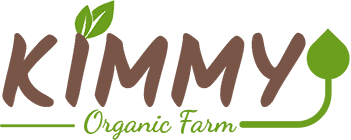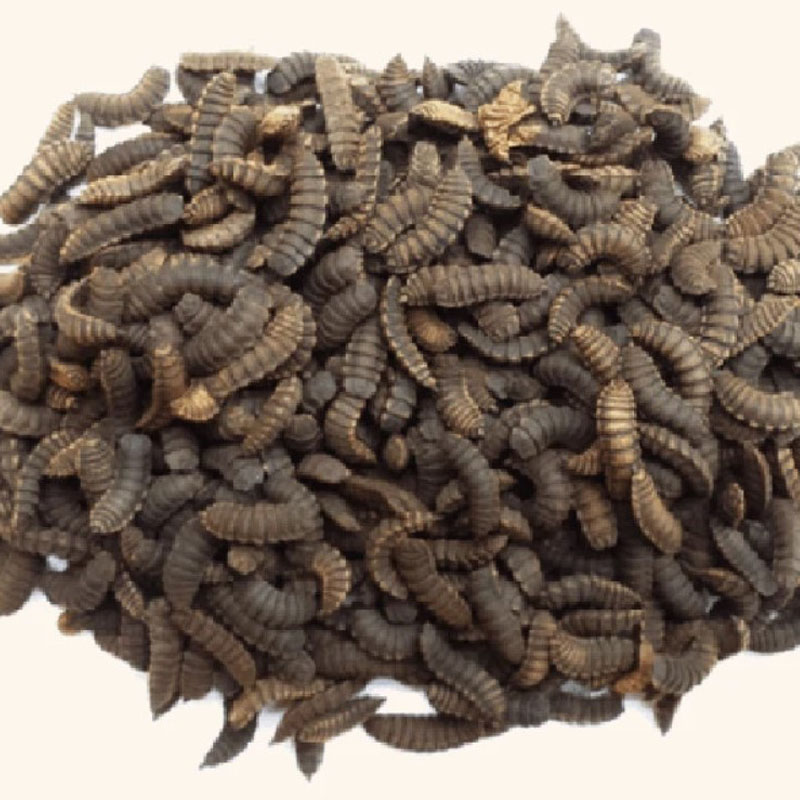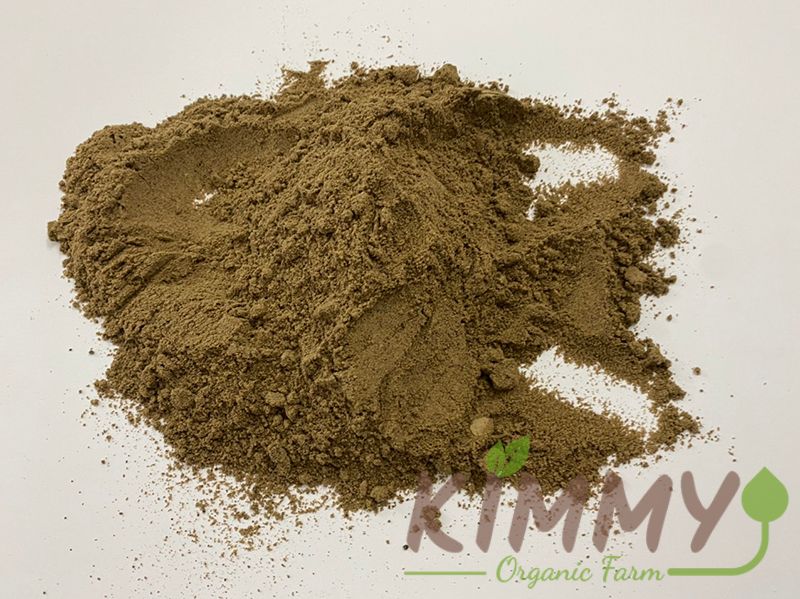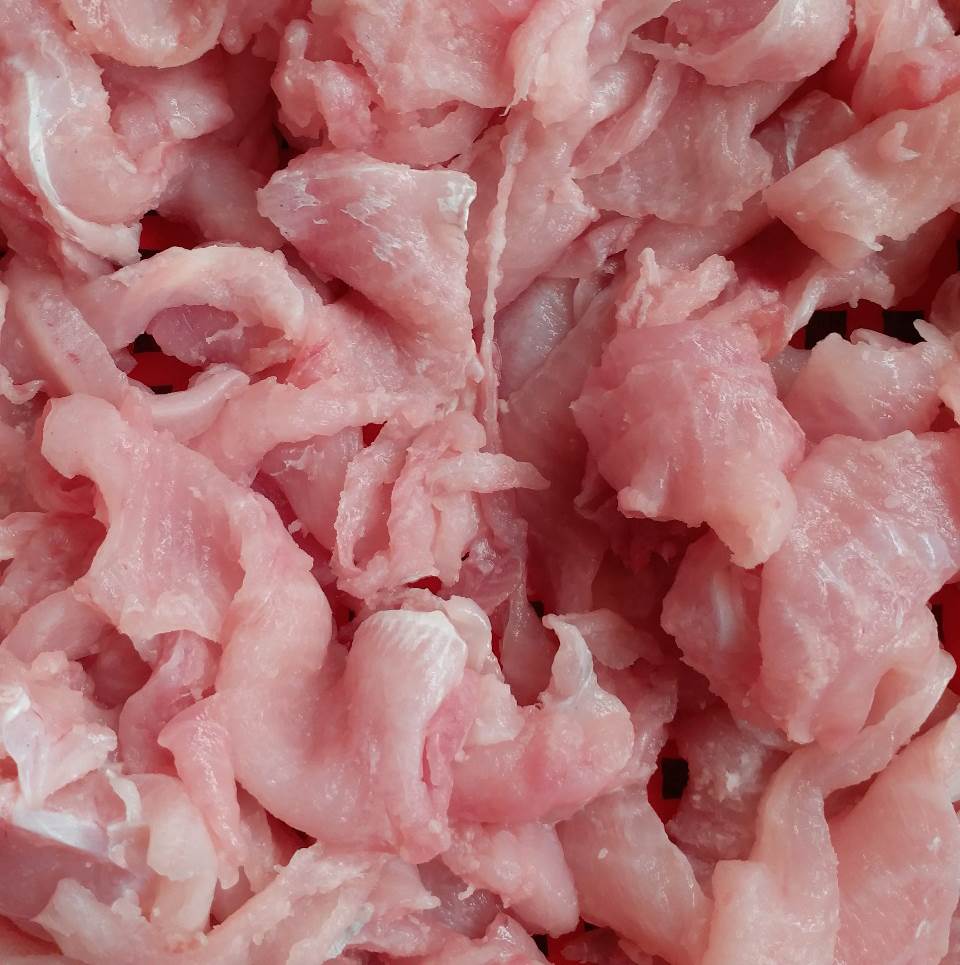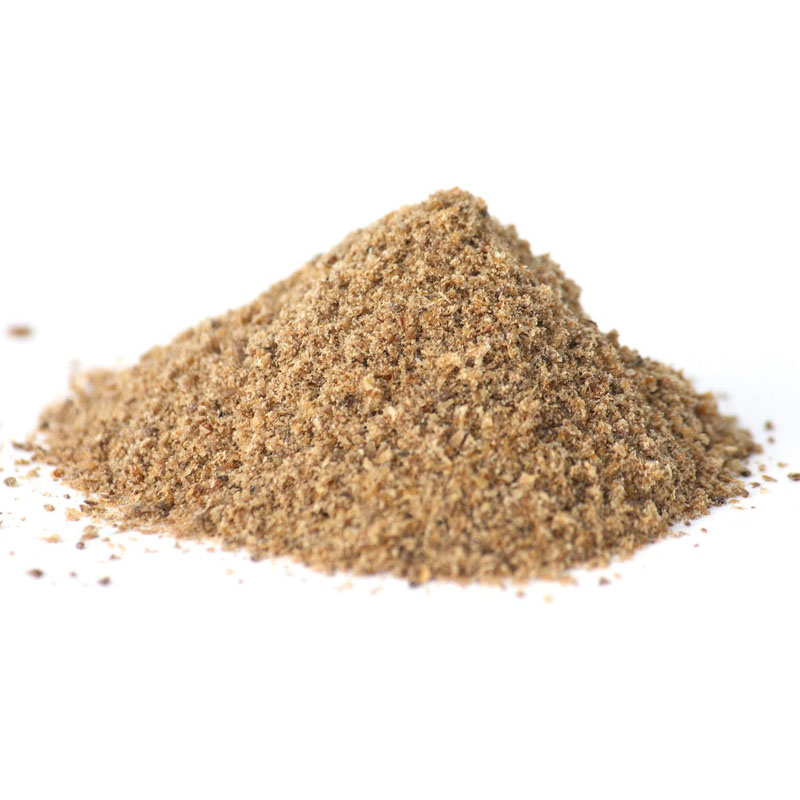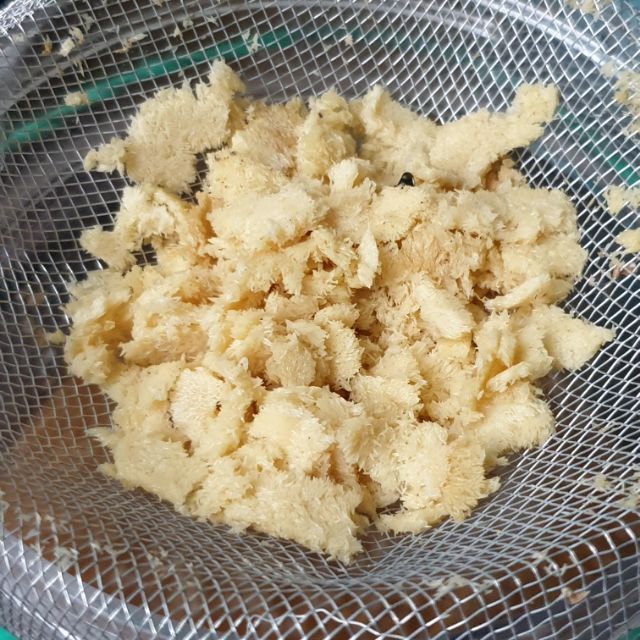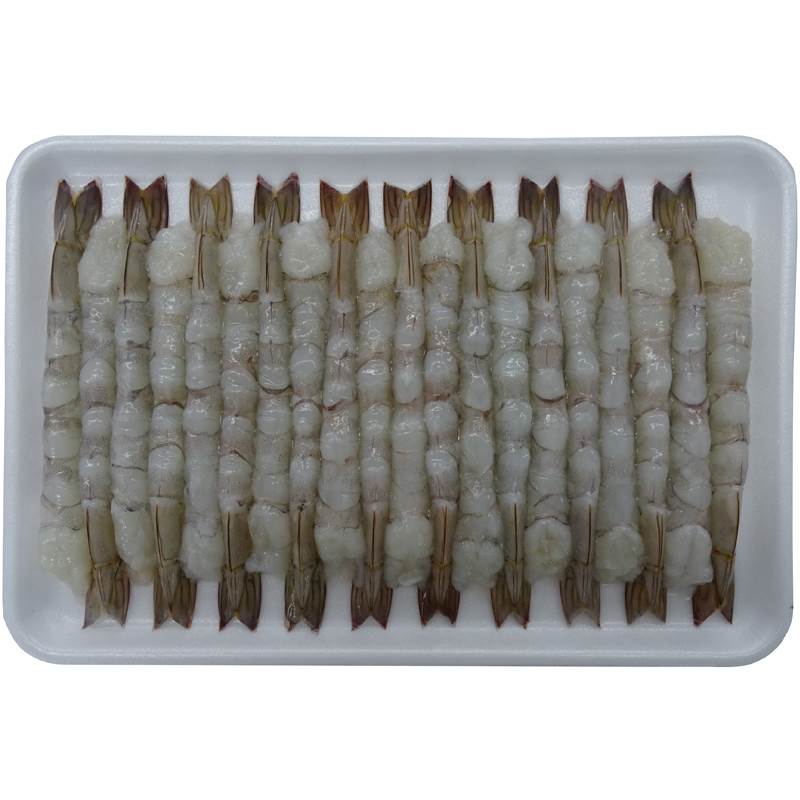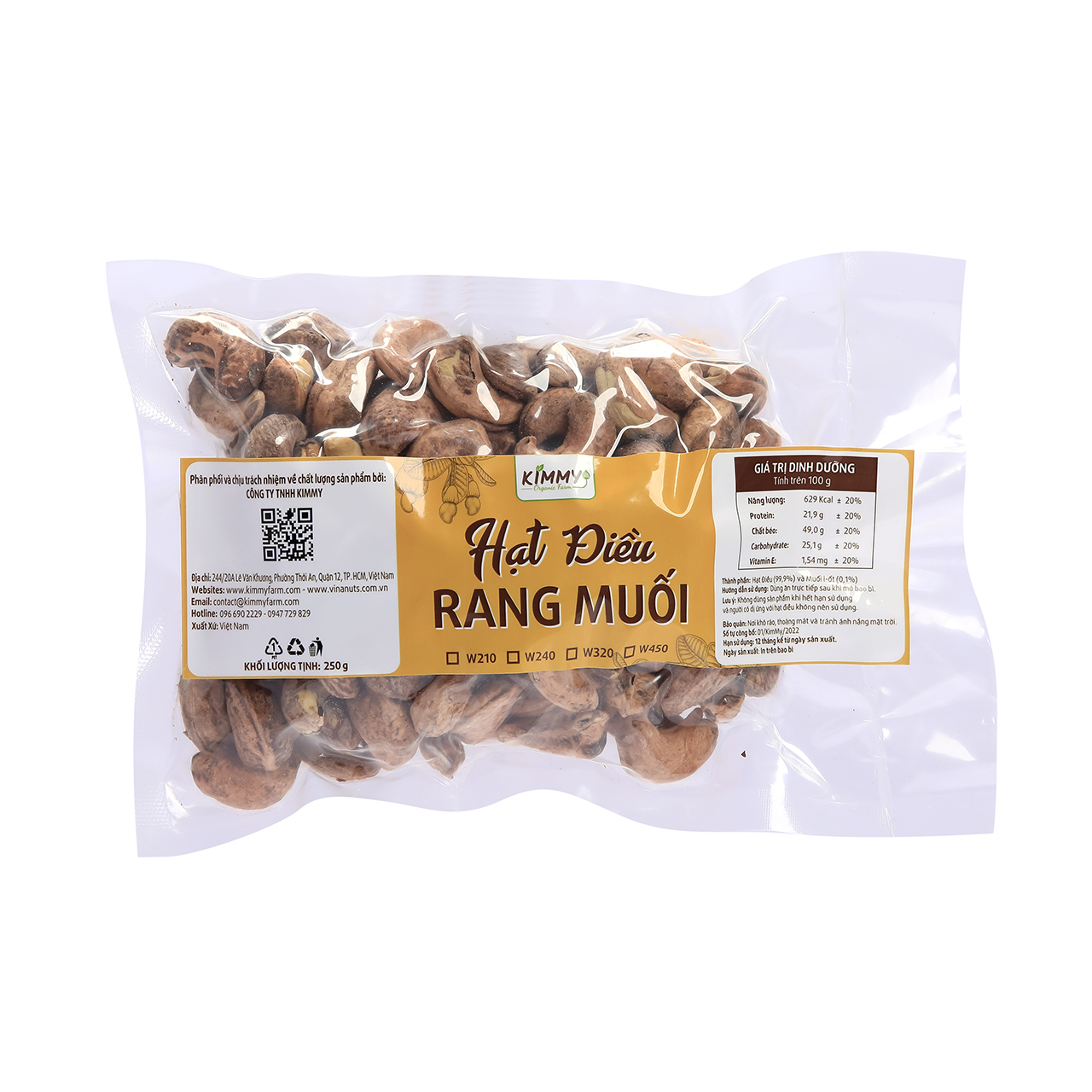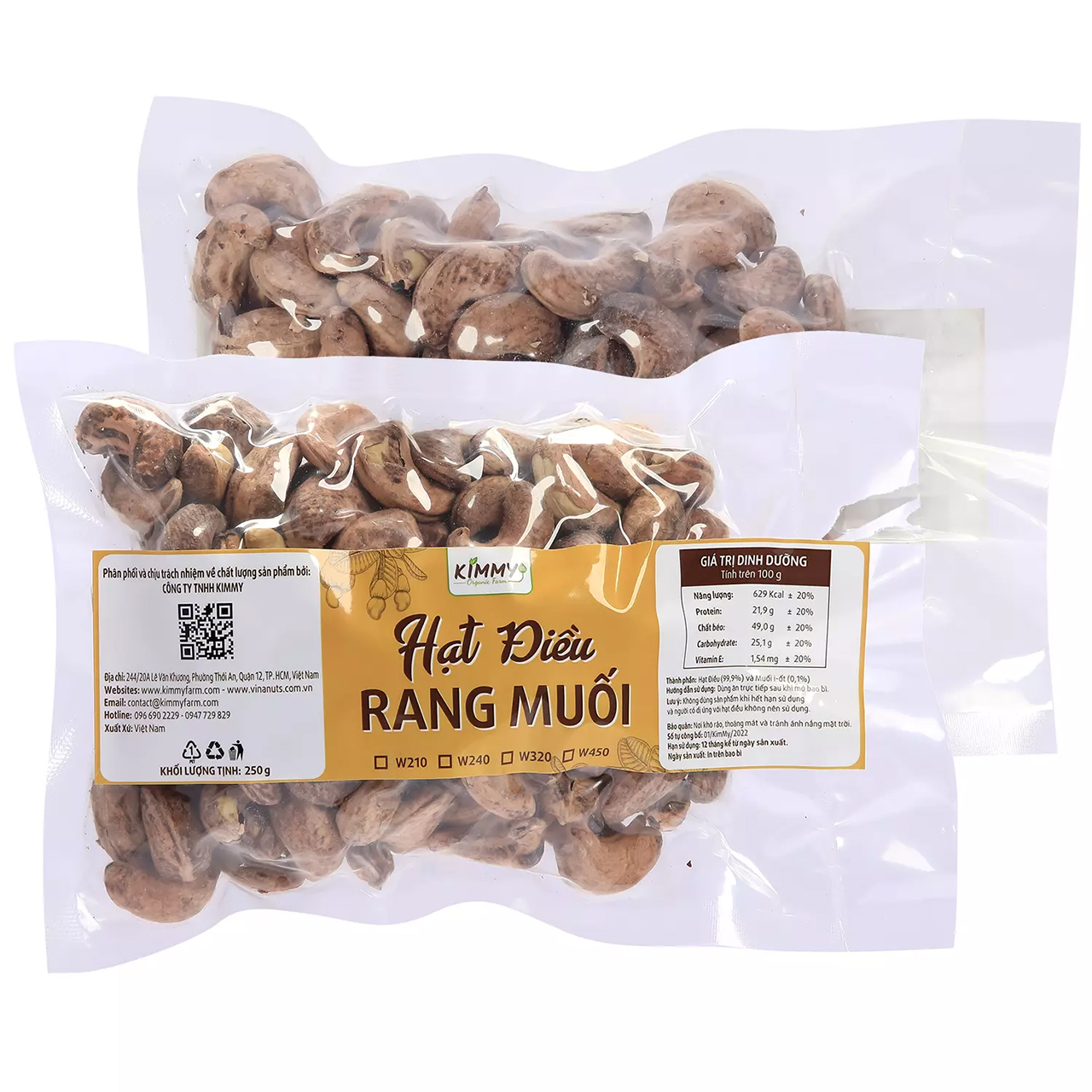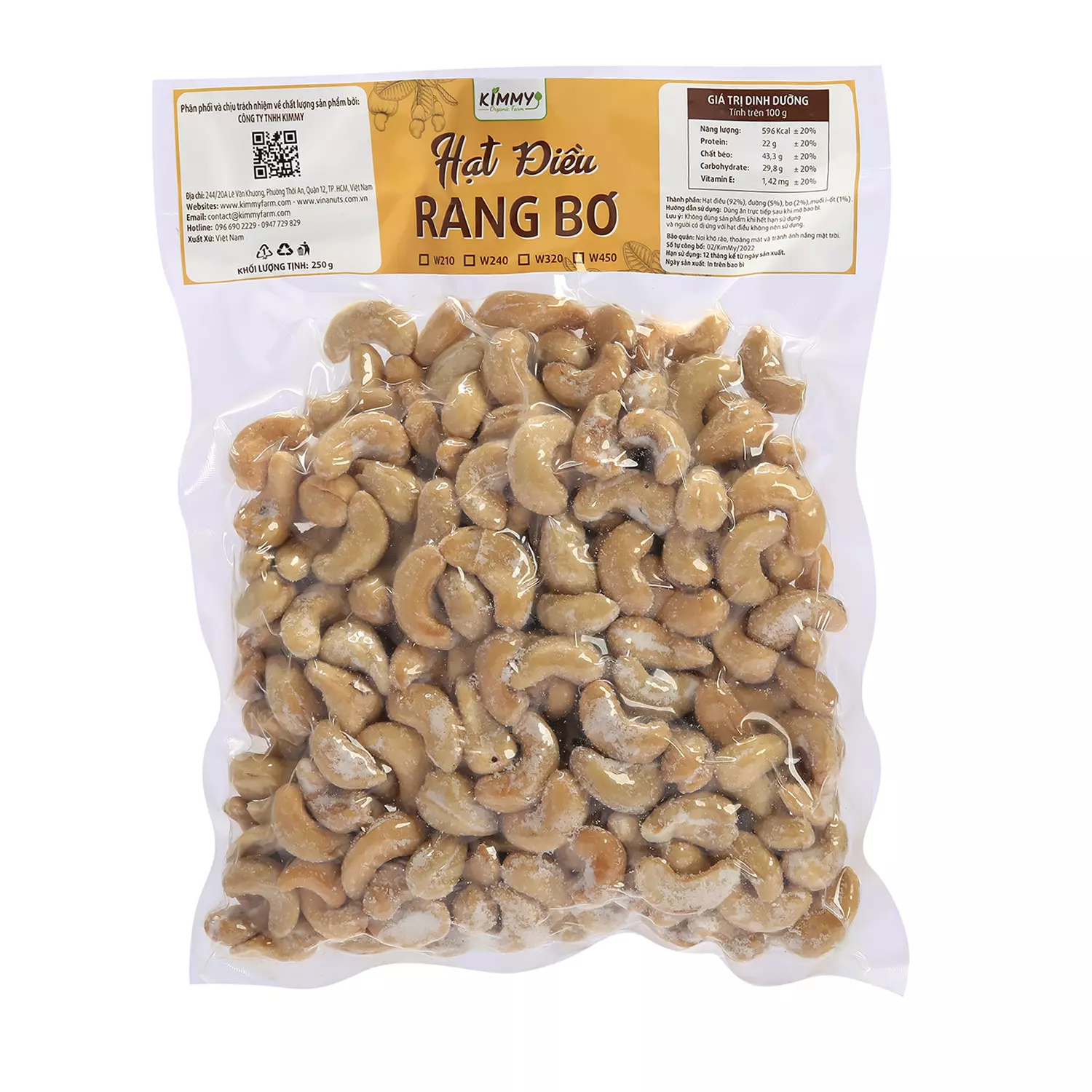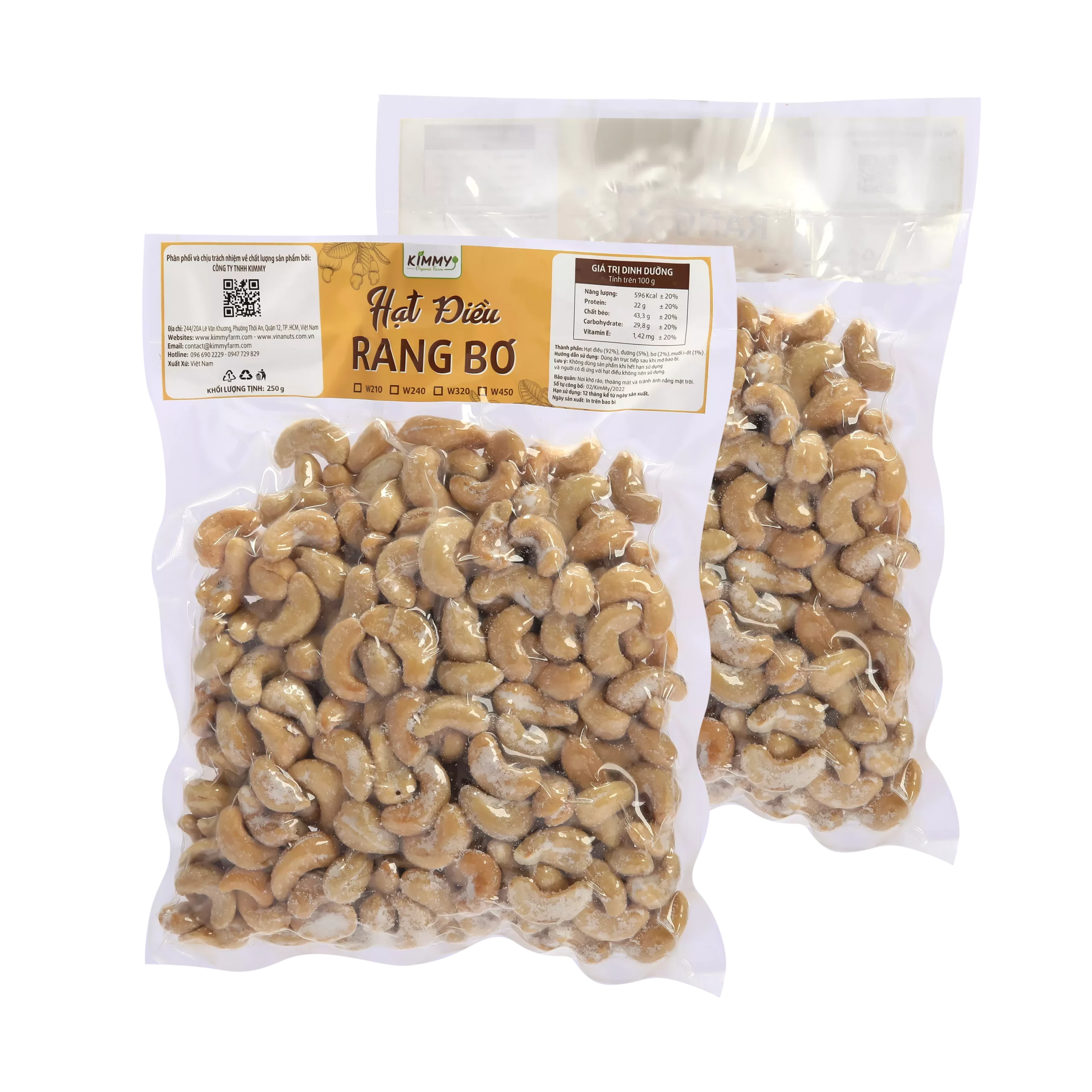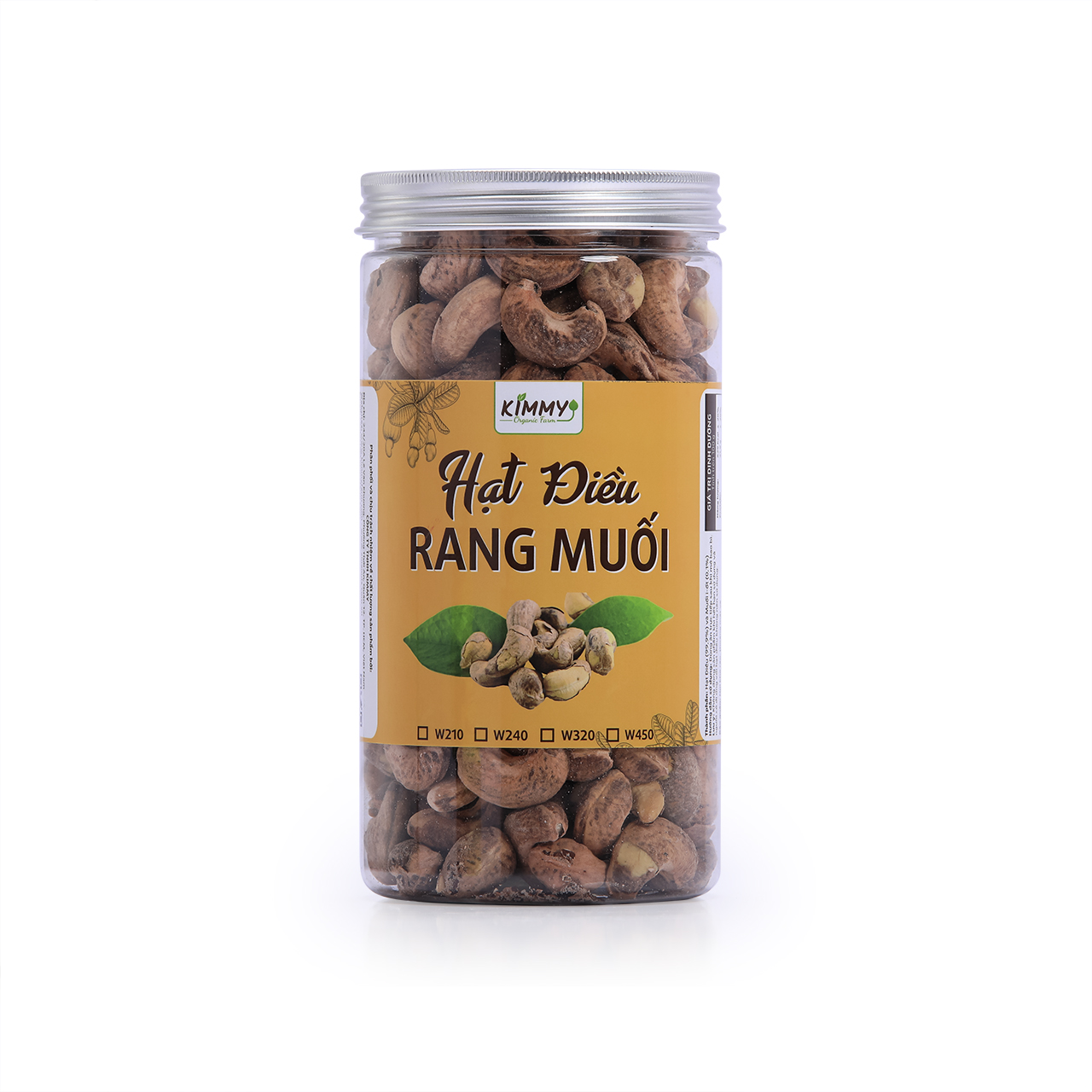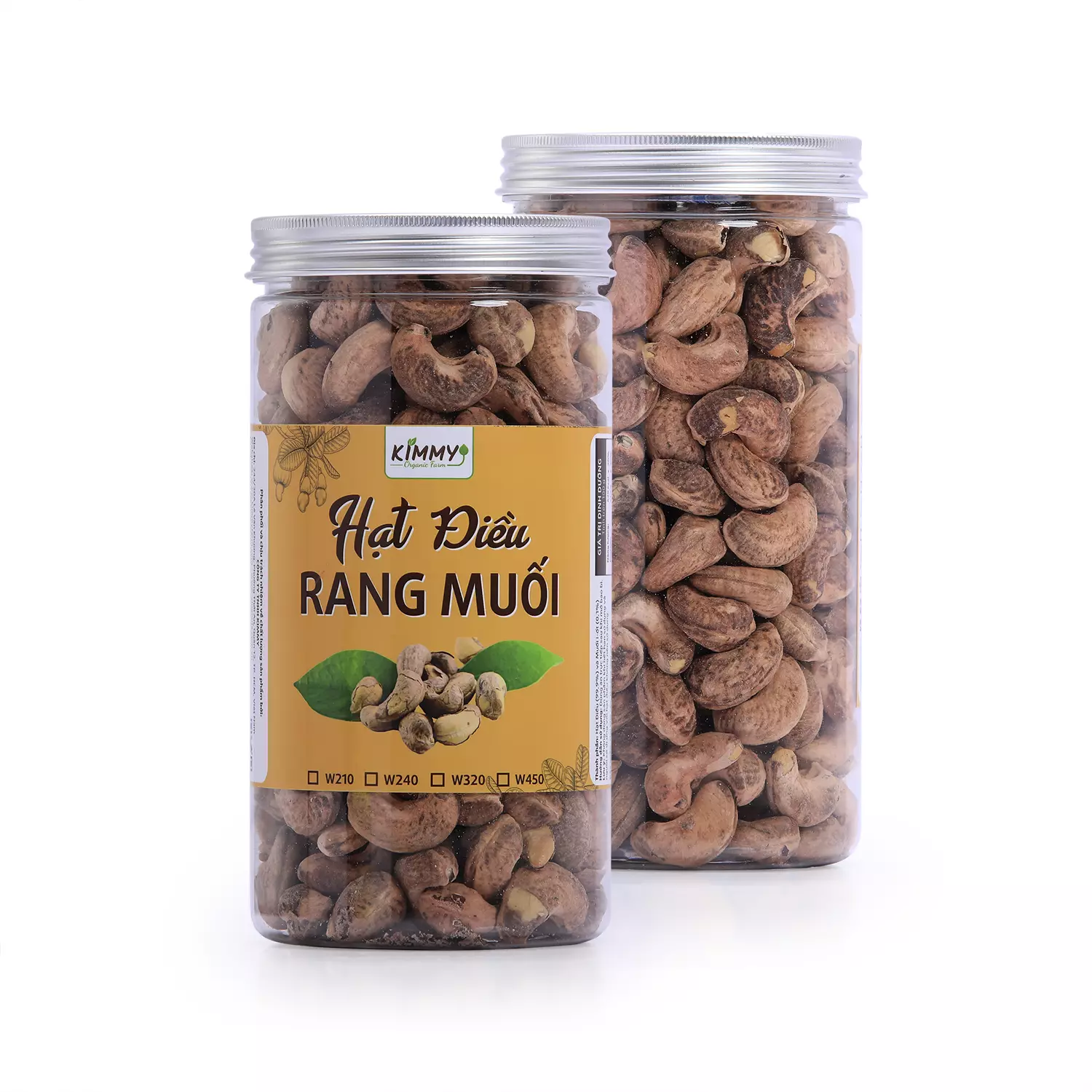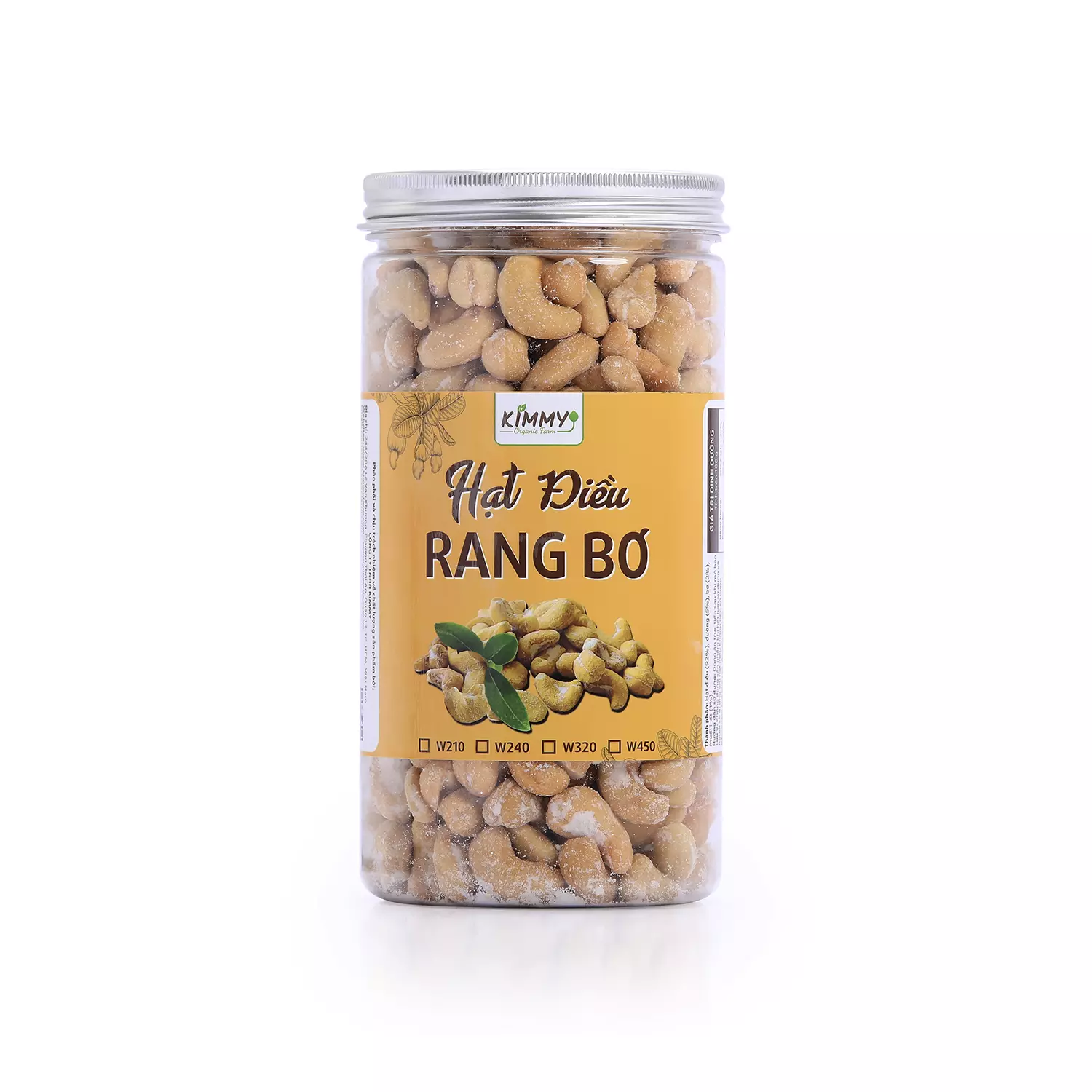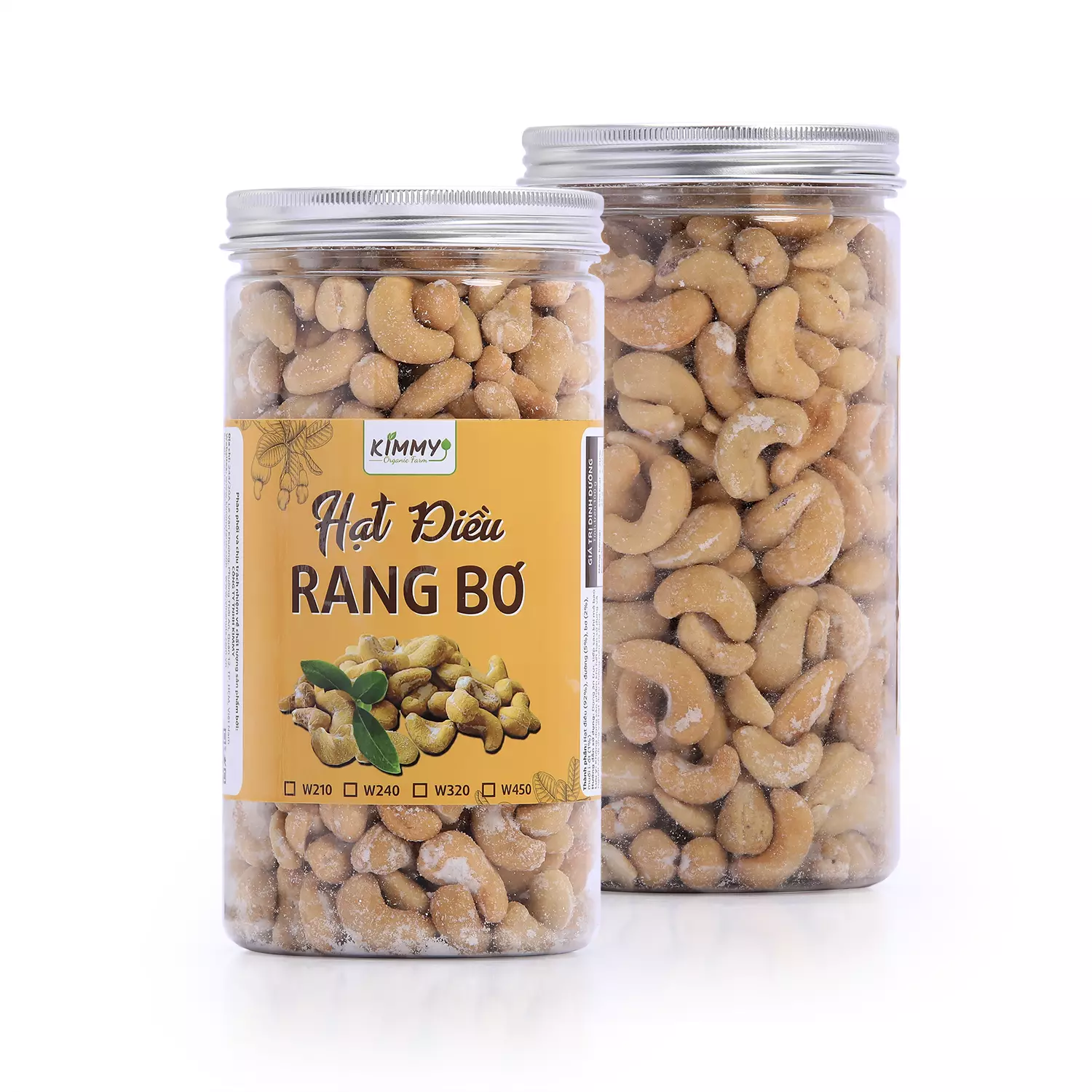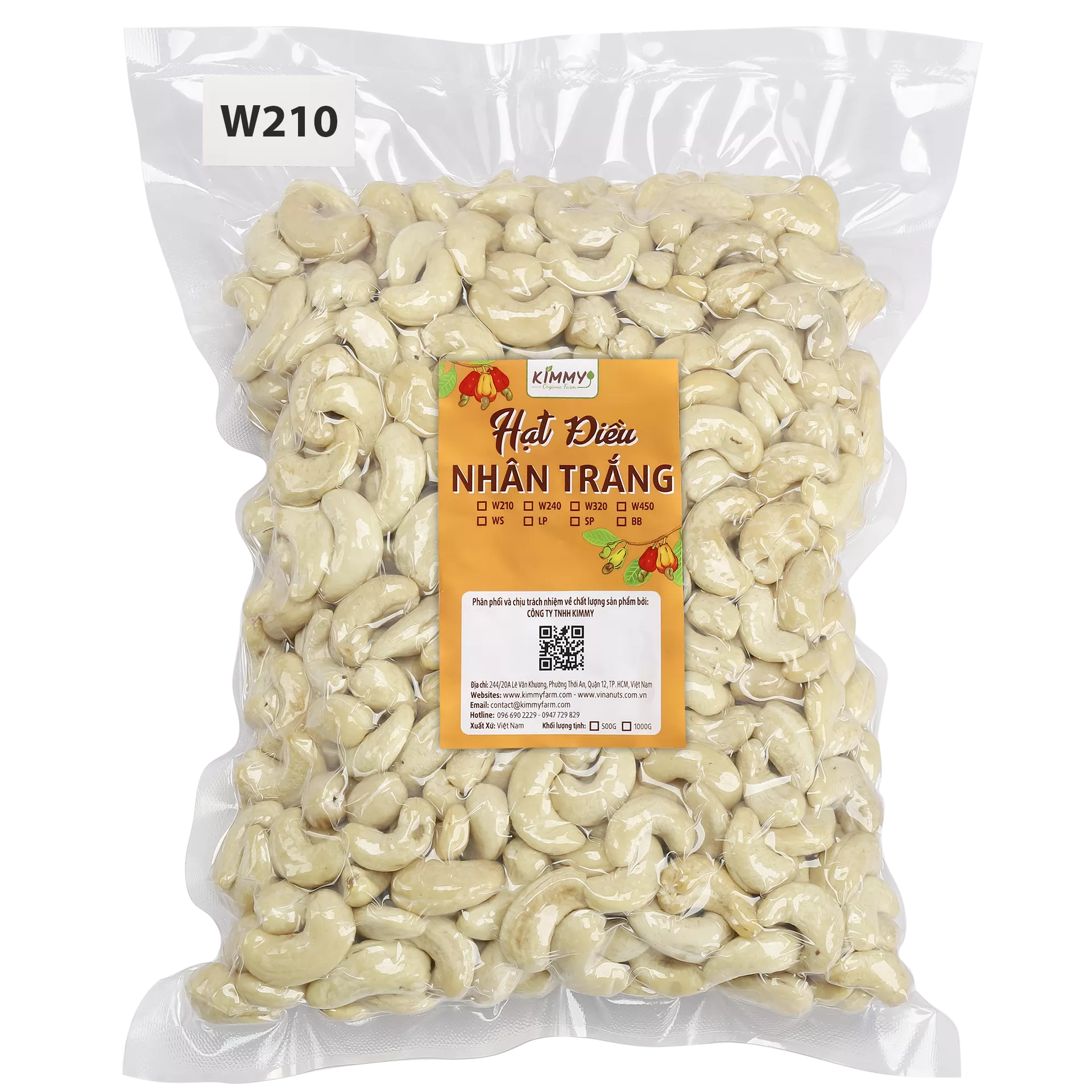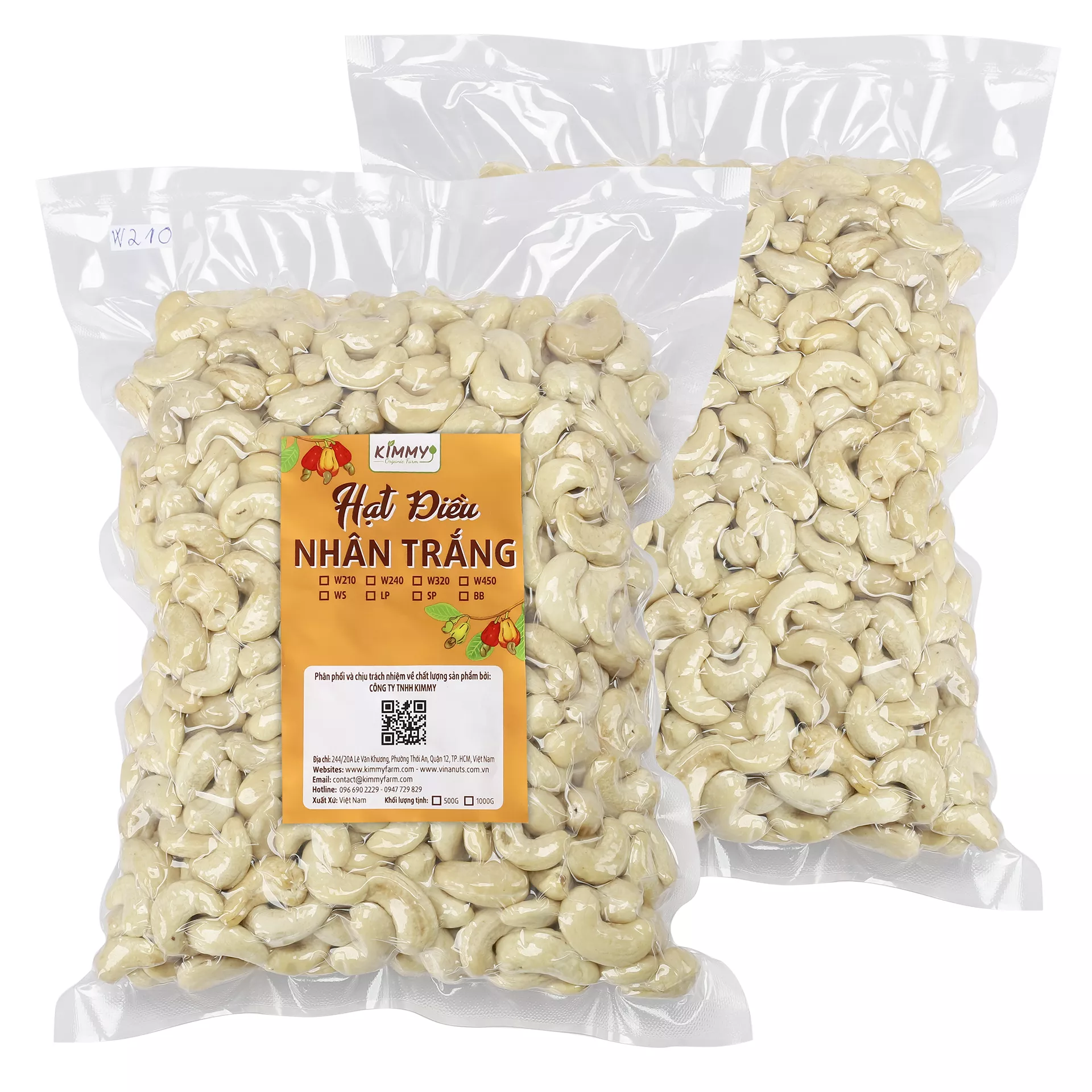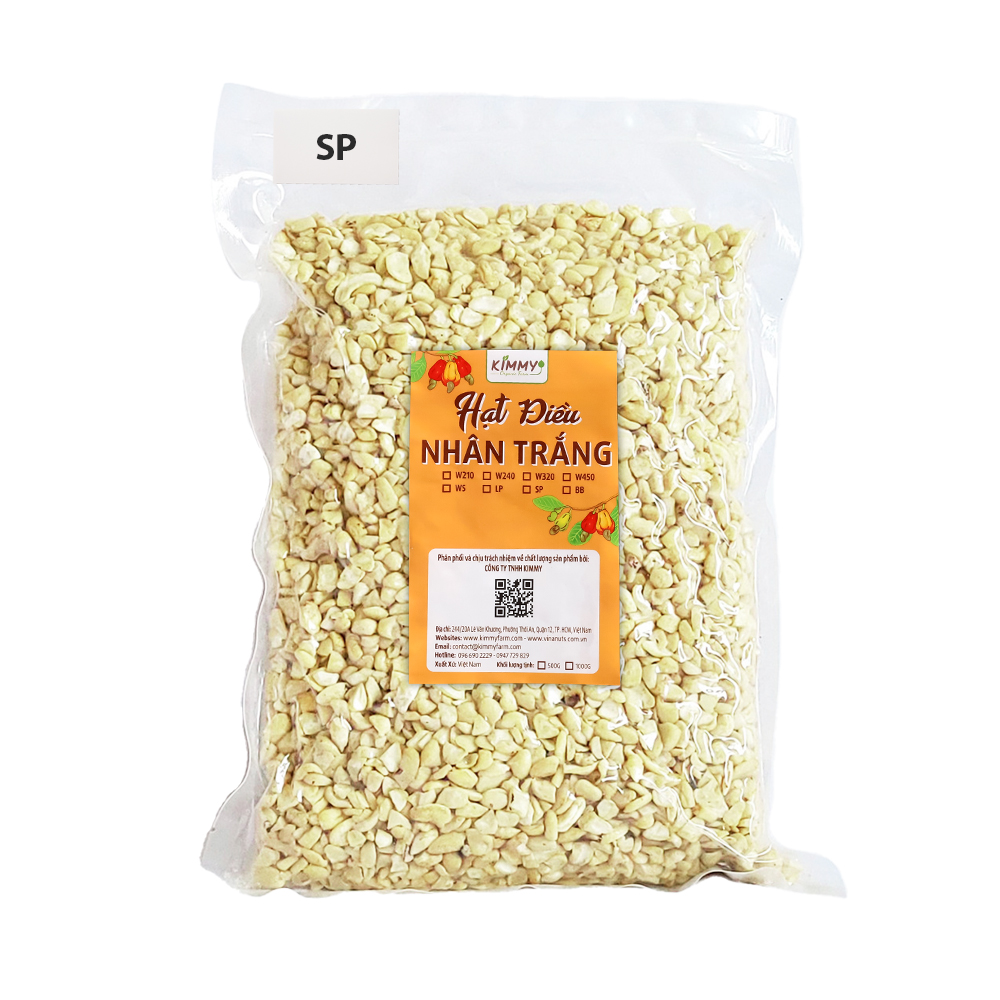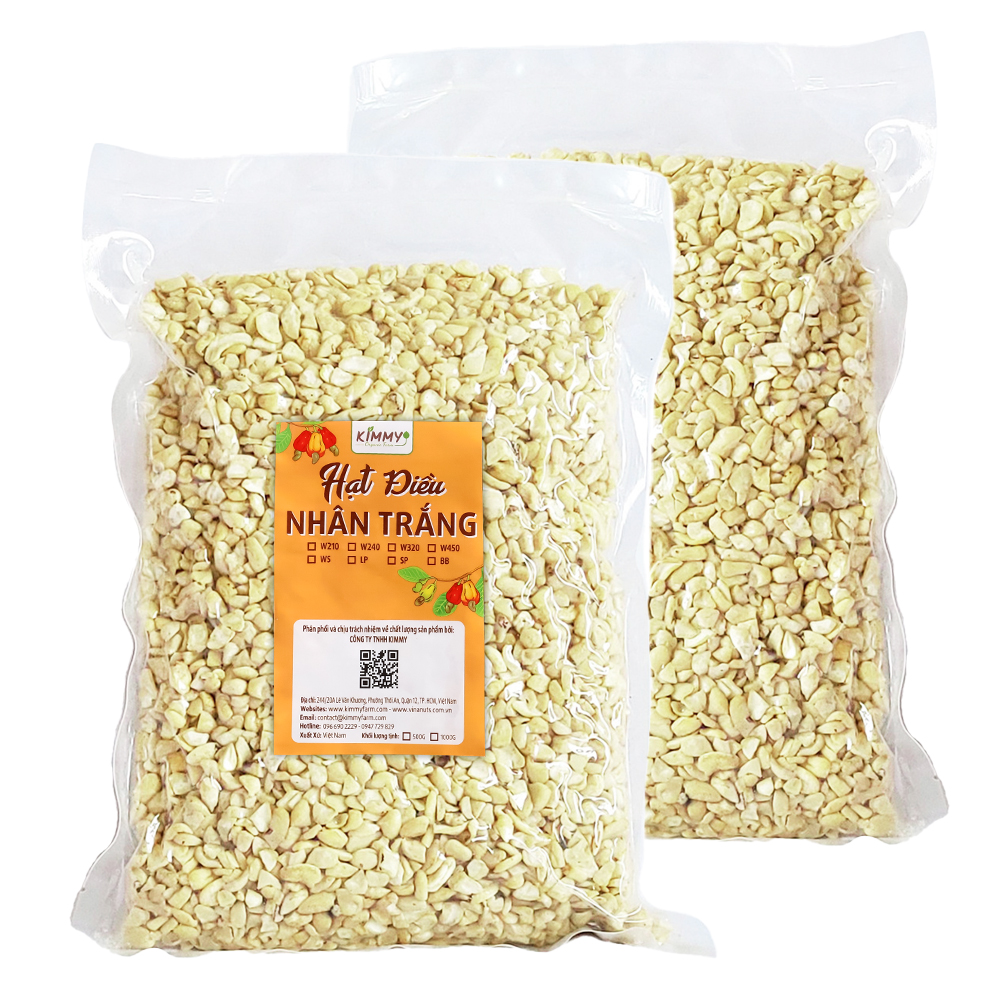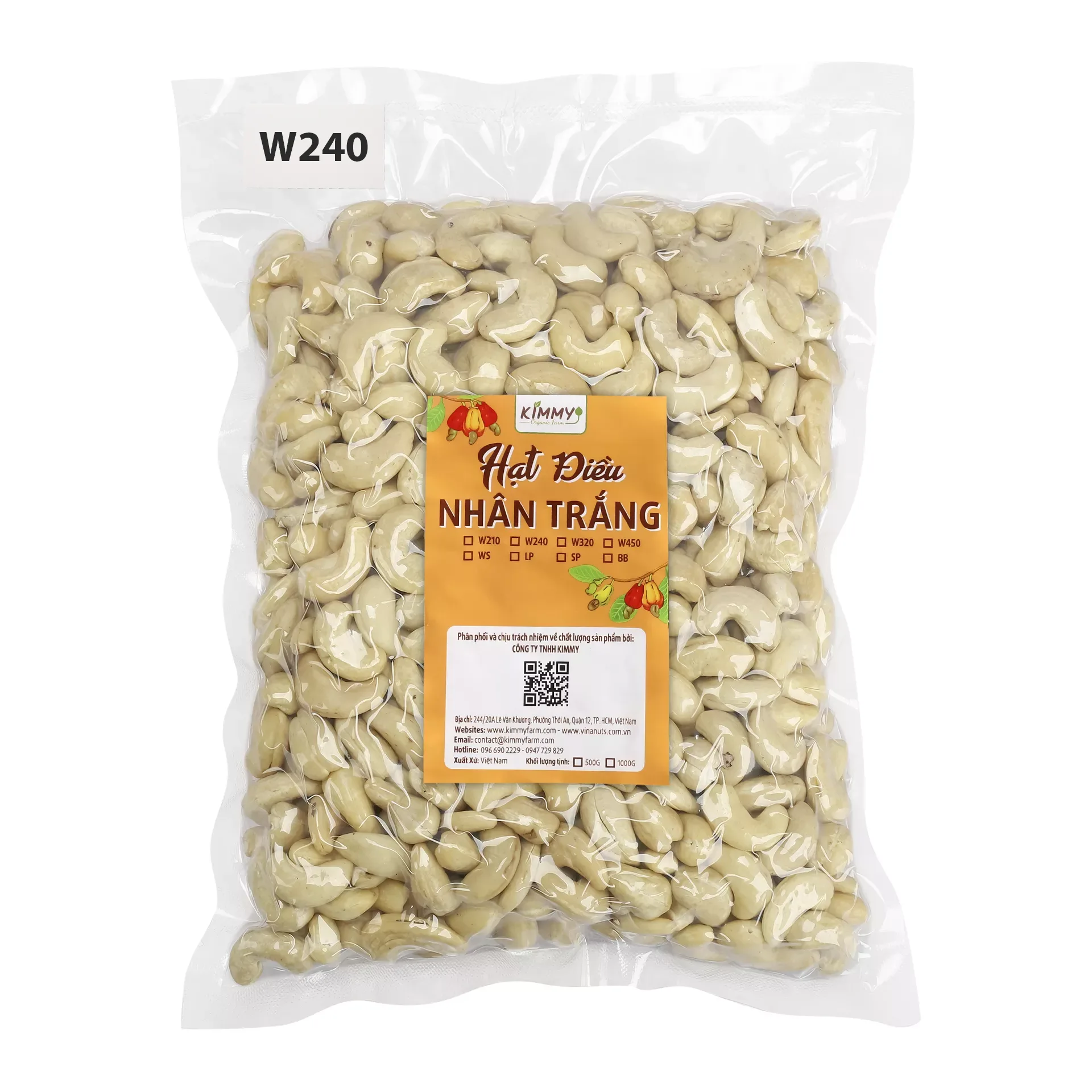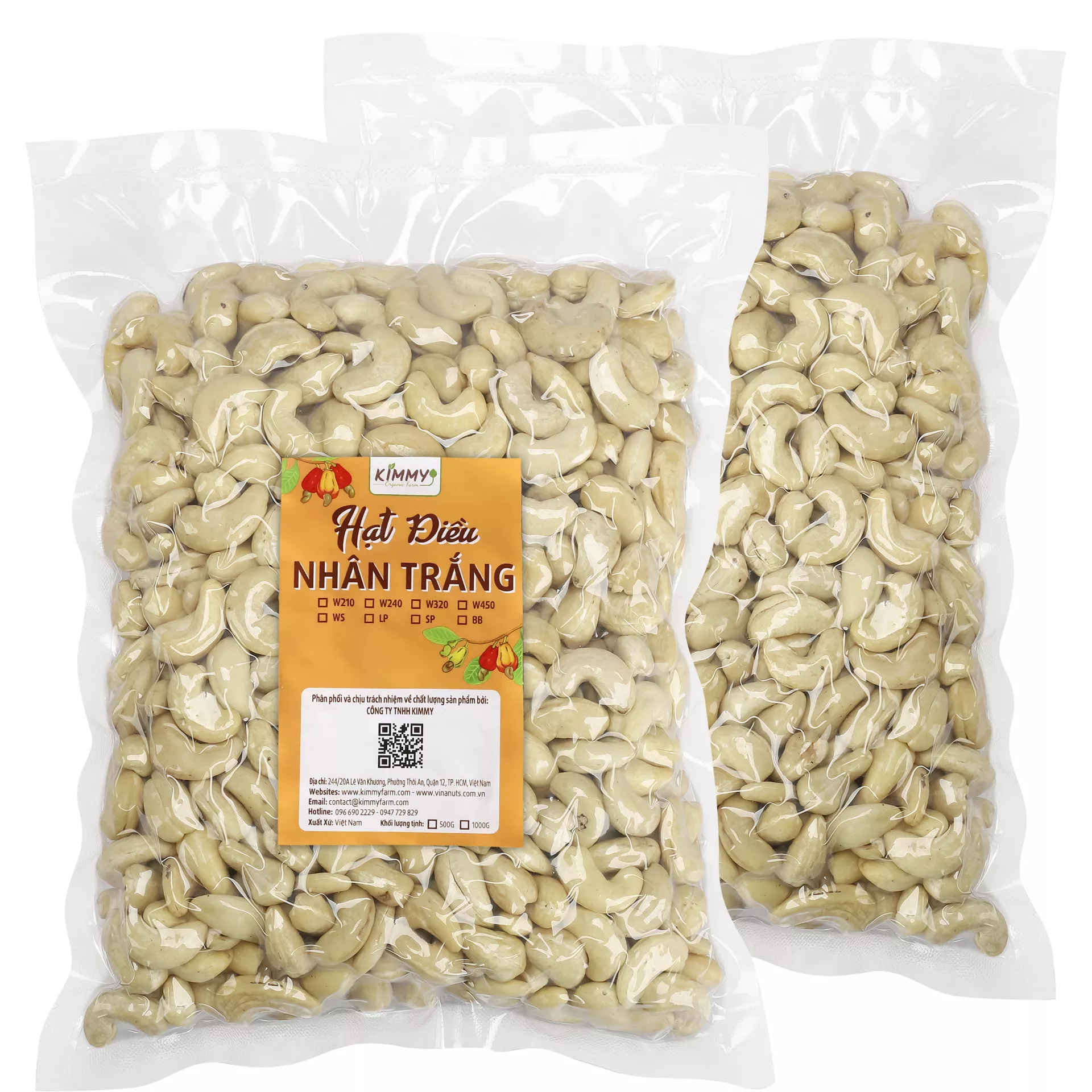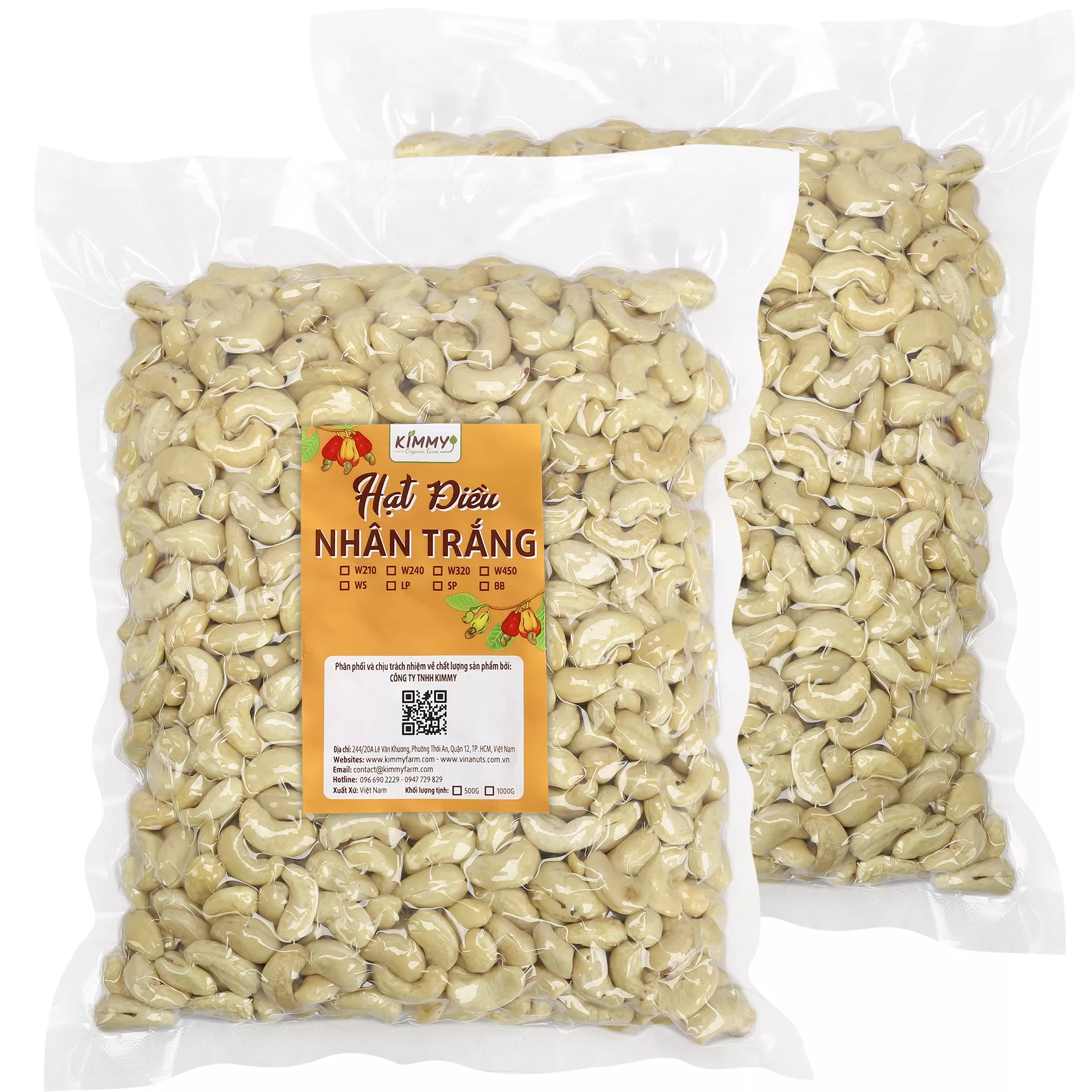Black Soldier Fly Larvae in Aquaculture, By using this natural and sustainable feed alternative, you can significantly reduce your environmental impact, enhance the nutritional value of your fish, and increase the overall economic efficiency of your aquaculture operation.
BSFL Nutrition Break Down:
They are rich in a range of nutrients. Dried BSF larvae nutritional value contains up to 50% protein, 35% fat (with an amino acid composition similar to fishmeal), 6% Calcium, 1.2% Phosphorus, 1% Magnesium, and 0.3% sodium… Therefore, BSF larvae are recognized and used as alternative protein sources for poultry, pigs, and some fish and shrimp species.
- High Nutritional Value: Black soldier fly larvae are rich in essential nutrients such as protein, fat, and amino acids. This makes them an excellent source of nutrition for fish, providing a well-balanced diet that promotes growth and overall health.
- Protein-Rich Feed Alternative: The protein content of black soldier fly larvae is comparable to that of fish meal, a traditional and widely used protein source in aquaculture feeds. By incorporating BSFL into fish diets, farmers can reduce their dependence on fish meal, contributing to the sustainability of aquaculture practices.
A summary of the basic Nutritional Value in BSF larvae nutrition facts 100g BSF larvae:
| NUTRIENT | % Nutritional Value – 100g Dried BSF Larvae |
|---|---|
| Protein | 50% |
| Fat | 35% |
| Calcium | 6% |
| Phosphorus | 1,2% |
| Magnesium | 1% |
| Sodium | 0,3% |
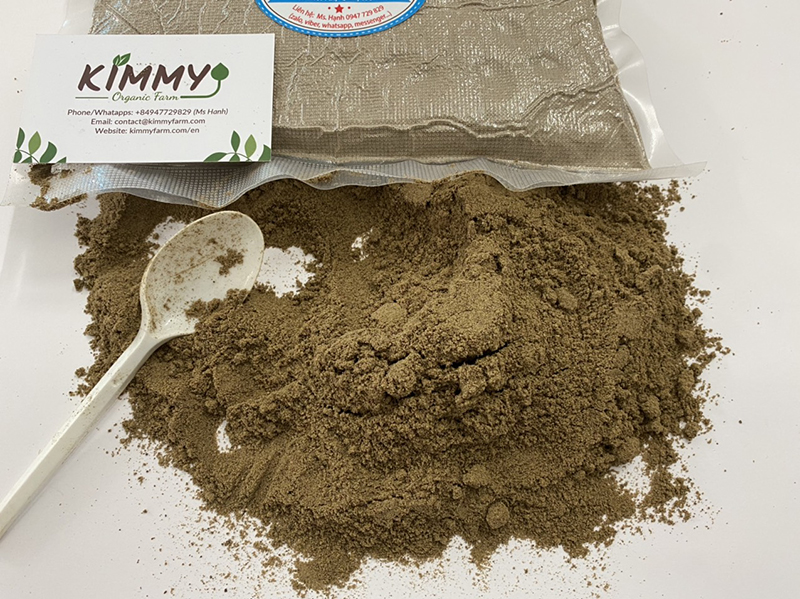
Aquaculture Benefits of Using BSF Larvae
Environmental Advantages
There are several ways in which black soldier fly larvae help the environment. To begin with, these larvae are masters in transforming organic matter, like leftover food, into high-quality protein. Greenhouse gas emissions and organic waste sent to landfills can both be reduced by doing this. Another benefit of feeding black soldier fly larvae instead of wild-caught fish is a decrease in the need for fishmeal, which is good for marine ecosystems and wild fish populations.
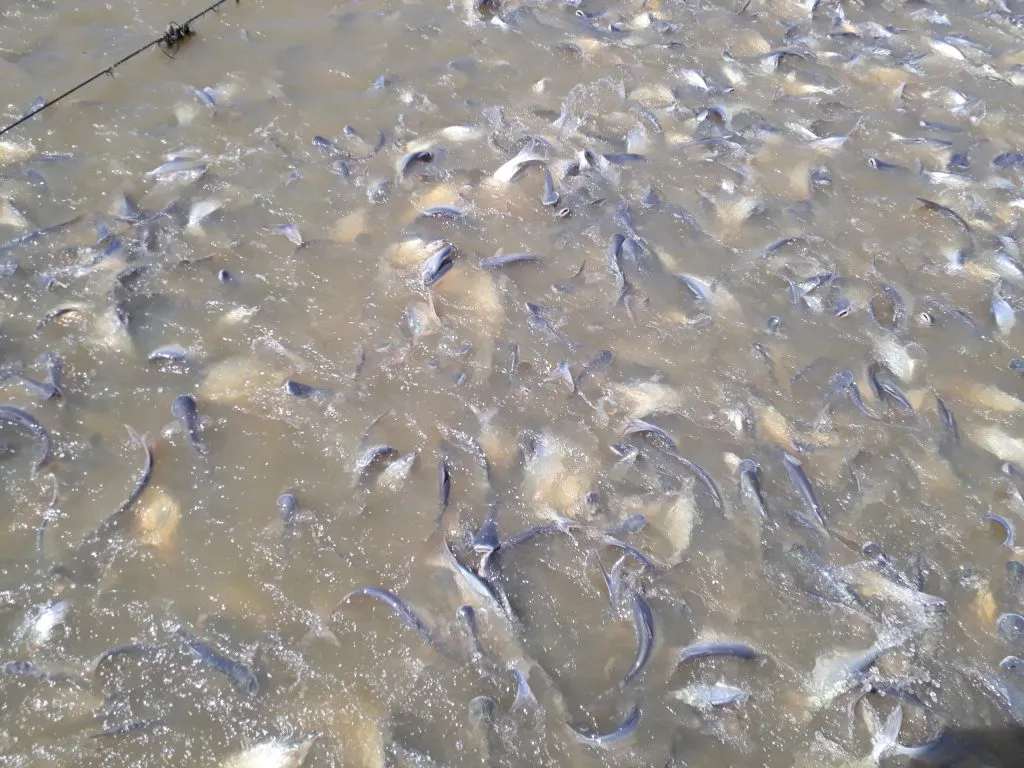
Economic Viability and Scalability
The scalability and economic feasibility of black soldier fly larvae as a feed alternative are two further major advantages of employing them in aquaculture. An economical substitute for conventional fish feed, these larvae are simple and cheap to make. In addition, black soldier fly larvae can lessen your reliance on expensive commercial fish feed, which means your operational expenses will go down and your aquaculture business’s profitability will go up. Additionally, this feed source is easily accessible and may be integrated into many aquaculture systems due to the scalability of black soldier fly larvae production.
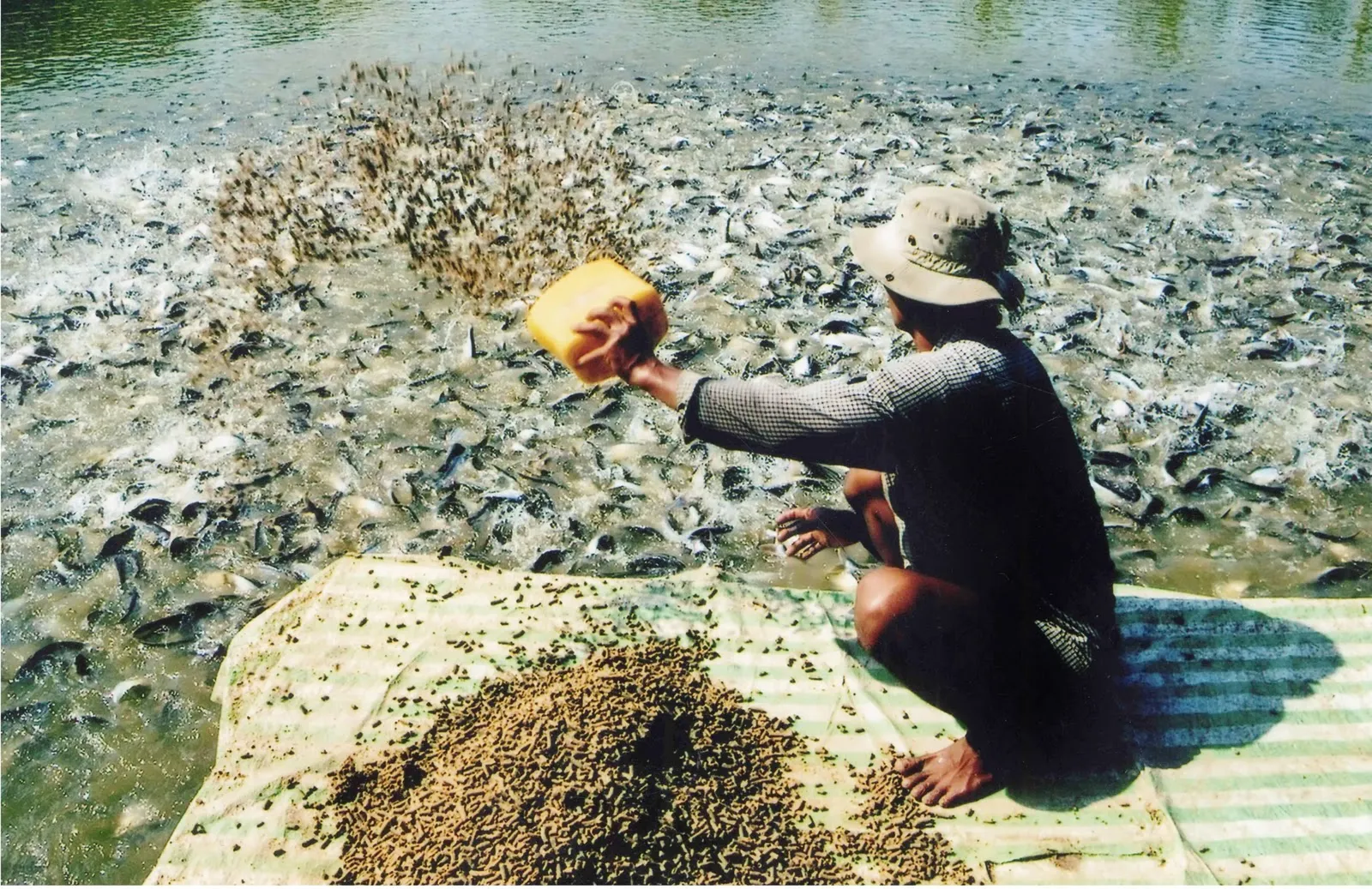
Enhanced Feed Conversion Rates
Feed conversion rate (FCR) is a critical metric in aquaculture, representing how efficiently fish convert feed into body mass. Fish fed with BSFL-based diets often exhibit improved FCR, indicating that a higher proportion of the feed is converted into fish biomass. This efficiency contributes to cost-effectiveness and resource optimization in aquaculture operations. In addition, Black soldier fly larvae contain bioactive compounds, such as antimicrobial peptides and beneficial bacteria. These compounds can enhance the immune system and overall health of fish, reducing the need for antibiotics or other pharmaceutical interventions. This aspect aligns with the growing preference for sustainable and natural approaches to aquaculture health management.
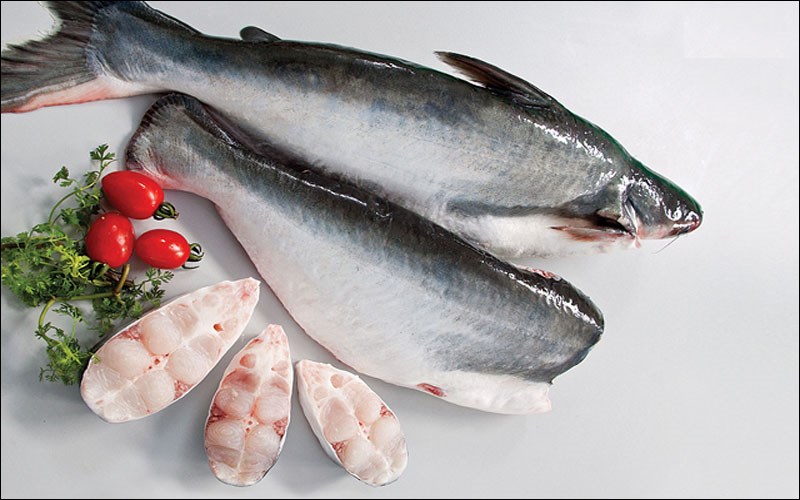
Feasibility of On-Site Production:
BSFL can be cultivated on-site using organic waste streams. This on-site production offers a sustainable and cost-effective method for producing high-quality fish feed. It reduces the reliance on external suppliers, minimizes transportation costs, and allows aquaculturists to leverage local resources for feed production.
=> Read more: 5 Low-Cost BSF Larvae Feed Options To Grow Your BSF Farm
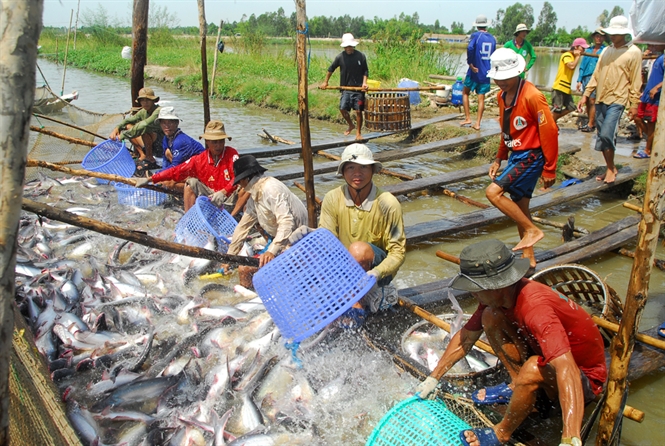
How To Integration BSFL into Your Aquaculture Feeds
However, integrating black soldier fly larvae (BSFL) into aquaculture feeds has proven to be a game-changer in the industry. The use of BSFL as a high-quality protein source in aquafeeds has gained significant attention due to its sustainability, nutritional value, and economic benefits. BSFL can be included in aquaculture feeds in various forms, such as whole larvae, defatted larvae meal, or oil extracted from the larvae.
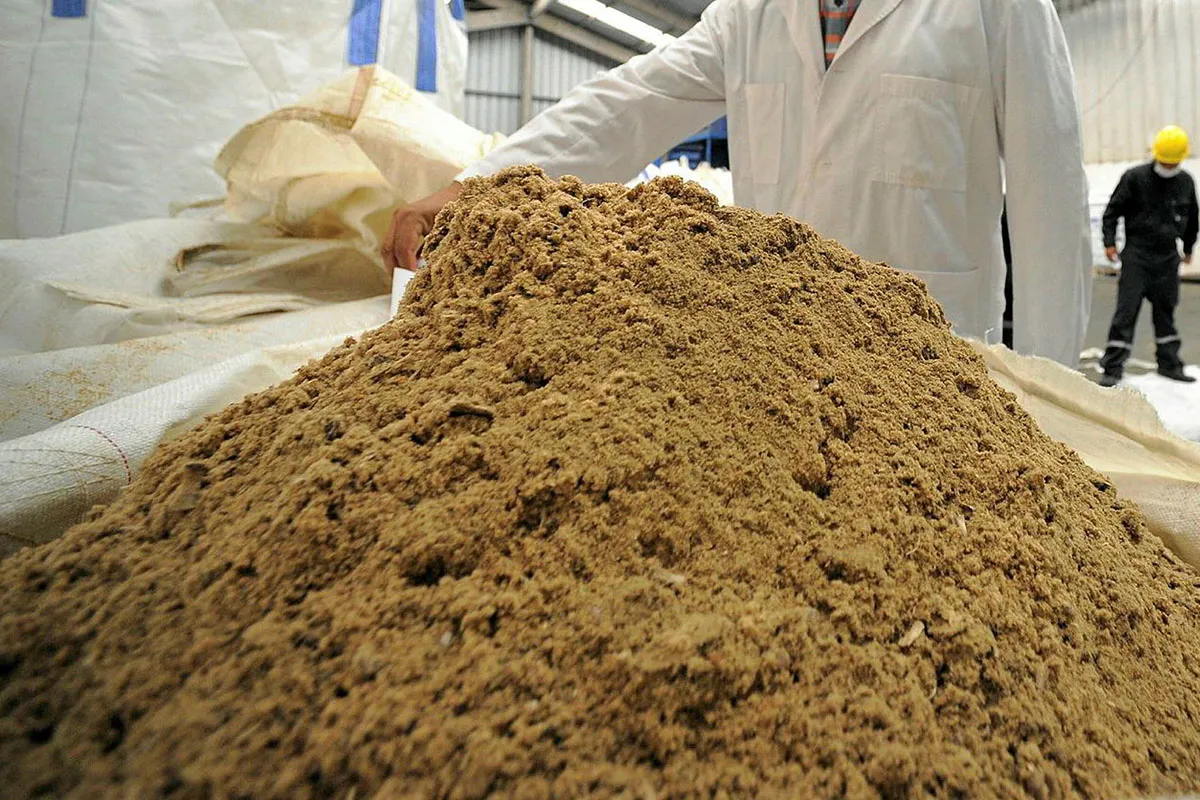
Formulating Balanced Diets with BSFL
Ensure that the aquatic species’ nutritional needs are met by preparing aquafeeds with balanced nutrition when working with black soldier fly larvae. As an added bonus, BSFL is a great way to supplement aquafeeds with minerals, lipids, and vital amino acids. For aquatic creatures, BSFL is a desirable component of a well-balanced diet due to its high protein content, which aids in development, health, and reproduction.
Case Studies and Trials in Aquatic Species
Over the years, numerous case studies and trials have been conducted to evaluate the effectiveness of incorporating black soldier fly larvae in the diets of various aquatic species. These studies have shown significant improvements in growth performance, feed conversion ratio, and immune response in fish and shrimp. For example, a study conducted on tilapia (Oreochromis niloticus) revealed that replacing 25% of fishmeal with BSFL meal in the diet resulted in improved growth rates and favorable nutrient utilization.
- Tilapia (Oreochromis niloticus) – 25% replacement of fishmeal with BSFL meal resulted in 10-15% improved growth rates and 20-25% better nutrient utilization.
- Atlantic salmon (Salmo salar) – Inclusion of defatted BSFL meal at 15% level showed improved feed conversion ratio and reduced nitrogen excretion.
- Whiteleg shrimp (Litopenaeus vannamei) – Substitution of fishmeal with BSFL meal at 20% level demonstrated enhanced growth performance and innate immune response.
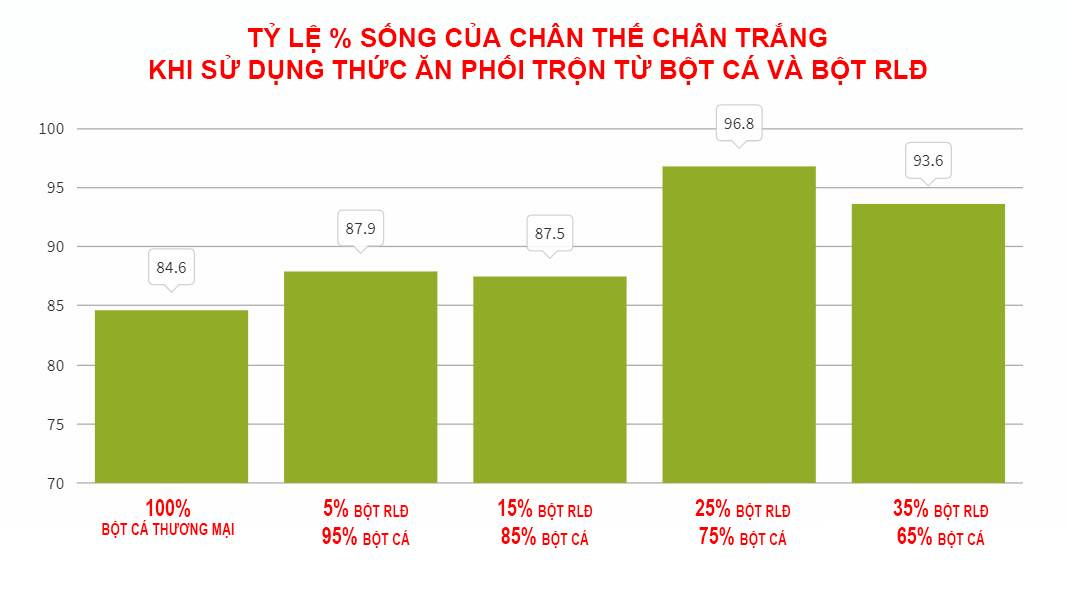
Conclusion: Benefits of Using BSFLarvae in Aquaculture
Considering all of this, it’s easy to see how black soldier fly larvae could be a great alternative feed for aquaculture. They are an economical and environmentally friendly alternative to conventional fish feed due to their fast growth rate, high nutritional profile, and capacity to live off of organic waste. One way to lessen the negative effects on the environment while simultaneously helping fish thrive is by using black soldier fly larvae in aquaculture. The environment and your cash line can both benefit from adopting this creative approach to aquaculture, which can lead to a more efficient and sustainable industry.
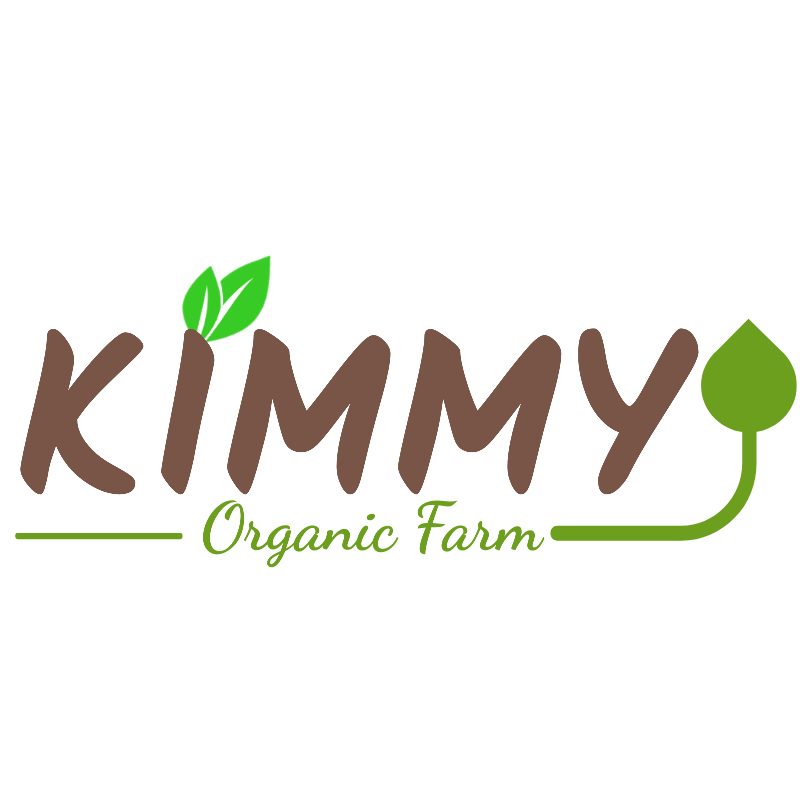
A brand specializing in the production and export of agricultural products in Vietnam. We have a black soldier fly farm in Tay Ninh and a cashew growing area in Binh Phuoc. The main export products of the company are: cashew nuts, cashew nut kernels, black soldier fly, frozen seafood, shrimp, prawns, catfish… from Vietnam.
